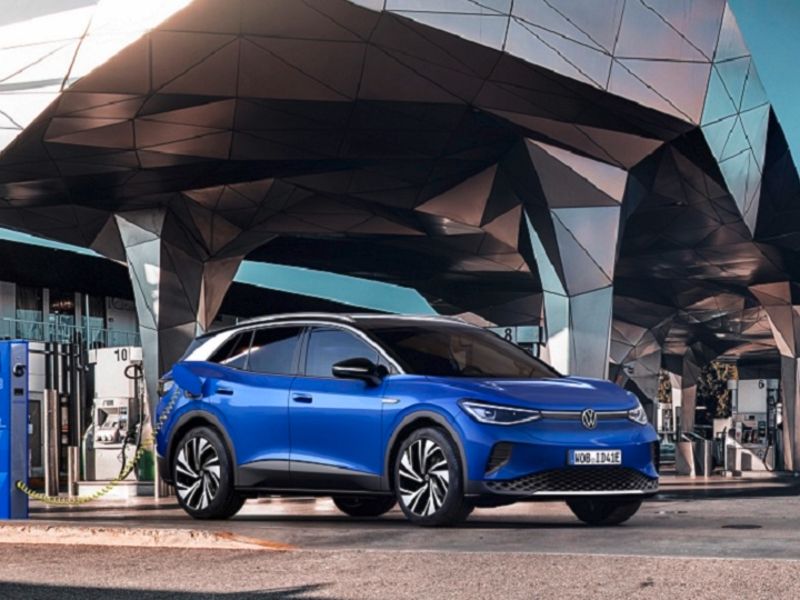
MUNICH — Volkswagen plans to crack an industry barrier and offer used-vehicle leases on its ID family of electric vehicles, including those in North America, as a strategy to keep control over their valuable batteries, VW executives told Automotive News.
Speaking on Monday with journalists here at the Munich auto show, Volkswagen Group CEO Herbert Diess said the secondary leases would allow VW to recycle the valuable battery packs into new uses, including home power centers and fast chargers.
“In Europe, we are trying to get a second lease and even a third lease, and keep the car in our hands,” Diess told a group of American automotive journalists, adding later that the same plan would be rolled out in North America. “Battery life, we think today is about 1,000 charging cycles and around 350,000 kilometers [about 215,000 miles], something like that. So, the battery would probably live longer than the car, and we want to get hold of the battery. We don’t want to give the battery away.”
Diess said the battery’s value survives even as the value of the car surrounding it depreciates over time, and he said that value could help keep residual values high, making secondary leases more affordable.
“There already is an indication that residuals for electric cars might be higher than for [internal combustion] cars because, even if the car is totally worthless, still there is a battery,” that may still have 70 or 80 percent of its original energy storage capacity, Diess said.
Since it began arriving in the U.S. in March, about 80 percent of the 6,230 VW ID4s the brand has sold in the U.S. have been leased, said Scott Keogh, CEO of VW Group of America.
“We will have the second lease product; we’ve preplanned it already,” Keogh said, adding that the preset residual values would keep EVs in customers’ hands for up to eight years, at which time they would be returned, their batteries stripped out, and the vehicle recycled back into raw materials.
“The task for our organization is to really try to keep hold of the batteries, and probably get into a second or third lease cycle for the car and then reuse the batteries,” Diess explained. “In the regions, it has to be worked out, it has to be agreed with the dealers, but we would like to keep every one of the batteries forever.”
In other comments Monday:
* VW brand CEO Ralf Brandstaetter revealed that the U.S. is expected to eventually receive a third EV model, a fastback-inspired sedan called the ID Aero. The car will be built on the automaker’s modular electric platform, called MEB, and should have better range than the ID4 compact crossover and the ID Buzz microbus, expected to arrive in the U.S. late next year.
* Keogh and Brandstaetter said that the U.S. market would also eventually see an Atlas-sized three-row EV crossover, though its timing and exact size remain under discussion.
* Keogh said that in 2020, VW had recorded its first annual profit in North America in nearly a decade, and its most profitable year in decades. He did not disclose the size of the profit in the region, but said it was a “$700 million turnaround” from its performance in 2019, when it lost money in the region. He credited strong sales of the high-profit Atlas and Atlas Cross Sport crossovers as driving the profitability.

